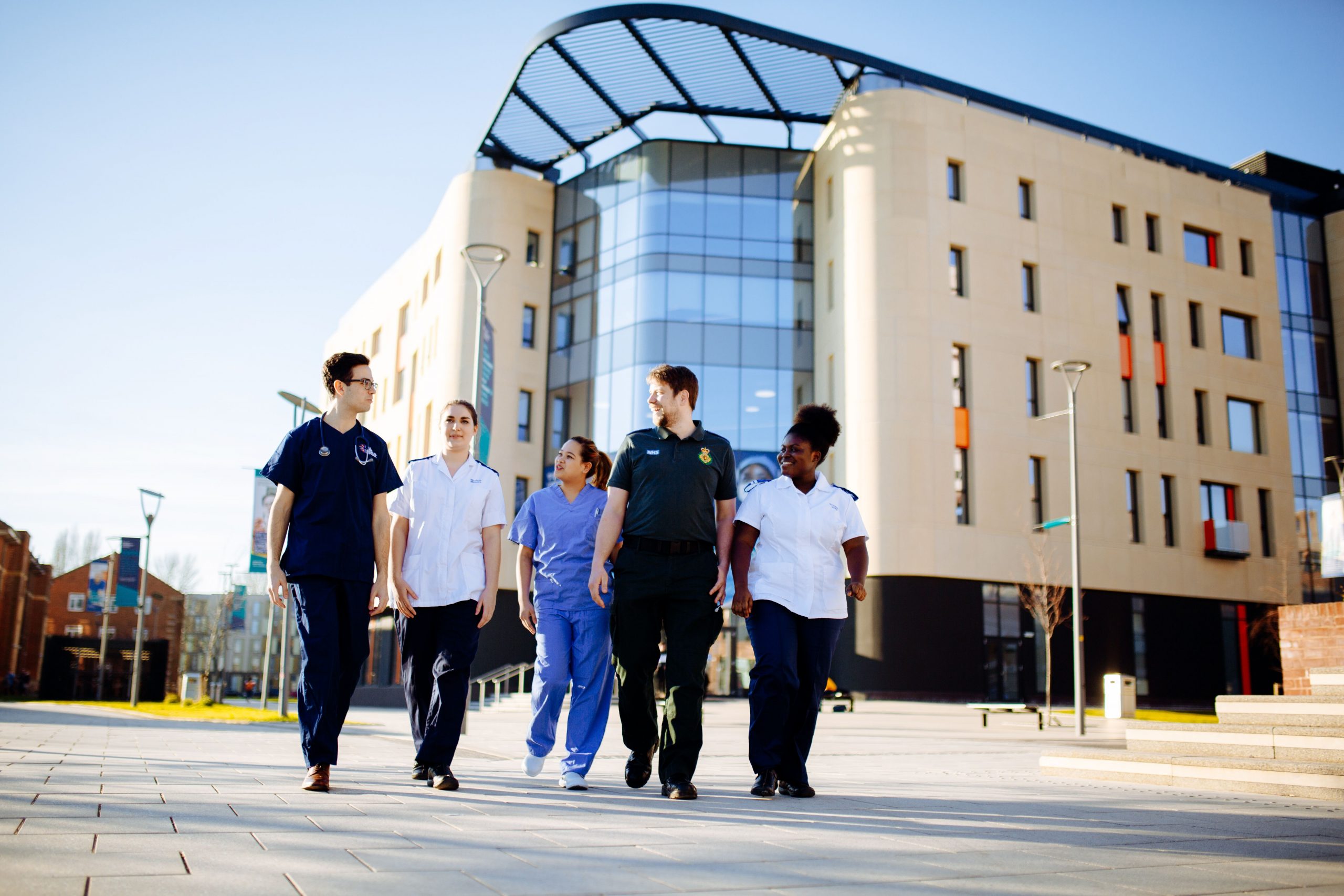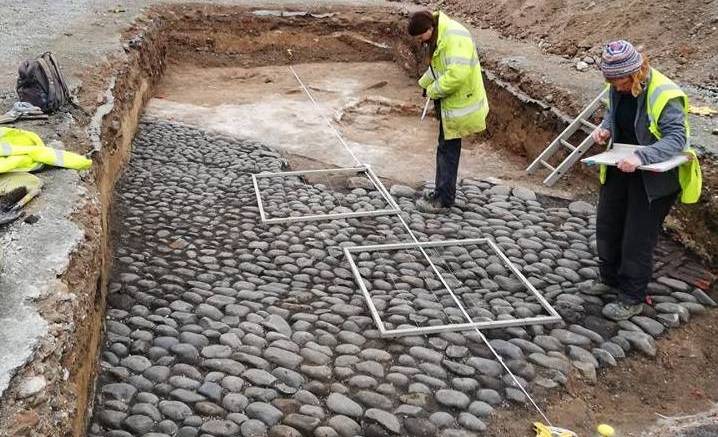The University of Hull’s largest ever cohort of healthcare graduates, who will be celebrating their graduation this month, are set to provide a boost to the NHS – and the majority will be working for local health services and hospitals.
The boost to the NHS comes at a critical time for the health service that is struggling to manage the backlog of care resulting from the pandemic.
More than 1800 nurses, and other allied health students such as midwives, operating department practitioners*, physician associates and paramedics are graduating as part of the University’s degree ceremonies (Thursday 14 July to Thursday 21 July). More than 130 Hull York Medical School graduates (MB BS Medicine) will also be graduating in York on Wednesday 20 July.
The graduation ceremonies at the Bonus Arena in Hull demonstrate how the University is developing skilled, knowledgeable and compassionate healthcare professionals who provide high-quality care.
Graduation 2022 sees nearly 5000 students graduate in 21 ceremonies at the Bonus Arena, joined by more than 24,000 guests across seven days of the University’s graduation ceremonies (which include graduands from 2021 as well as 2022).
The achievements of honorary graduands including the outstanding work of British vaccinologist and University of Hull graduate Dame Sarah Catherine Gilbert DBE – co-developer of the Oxford–AstraZeneca COVID-19 vaccine – will be recognised with an honorary degree from the University. Brian May CBE, founding member of Queen, and other high-profile individuals who have excelled in their academic work/research and/or contribution to their profession and society as a whole – will also be celebrated.
Professor Paul Hagan, Dean of the Faculty of Health Sciences, said: “Congratulations to all our students who are graduating. We are extremely proud of our graduates’ achievements and the invaluable contribution they make to healthcare services in our region and beyond.”
Our graduates make an outstanding contribution to improving the health of the people in our region and beyond, evidenced by the fact that 100% of operating department practitioners*, nursing, midwifery and medical graduates are in employment or further education within 15 months, for the second consecutive year.**
Professor Hagan said: “We are immensely proud that the University’s Faculty of Health Sciences and Hull York Medical School are helping to build the skilled workforce required by the NHS to deliver the highest standard of healthcare in our region.”
Professor Una Macleod, Dean of Hull York Medical School said: “Now, more than ever before, our NHS needs confident, compassionate, healthcare professionals who are able to adapt to the changing healthcare environment.
“We are extremely proud of all of those students who are graduating. It has been a privilege to be part of their journey, and we wish them every success as they enter the NHS workforce and know they will make a real difference.”
The breadth of the University of Hull’s healthcare courses continues to grow – we now offer a range of healthcare apprenticeships and a degree course to train much-needed physiotherapists began in 2020. The BSc Physiotherapy degree further strengthens the University’s healthcare provision and was developed at the specific request of local healthcare providers to meet a critical shortage of physiotherapists.
This follows the successful launch of BSc Paramedic Science in 2017 to meet a critical local shortage of paramedics – part of the University’s mission to improve the health of people living in the region and beyond.
The University of Hull’s Paramedic Science degree now ranks first in the country – out of 35 institutions – according to the latest rankings from the Complete University Guide (2023), which were announced in June this year. Overall, the University of Hull rose 12 places in these rankings, with four subjects raking in the top ten.




